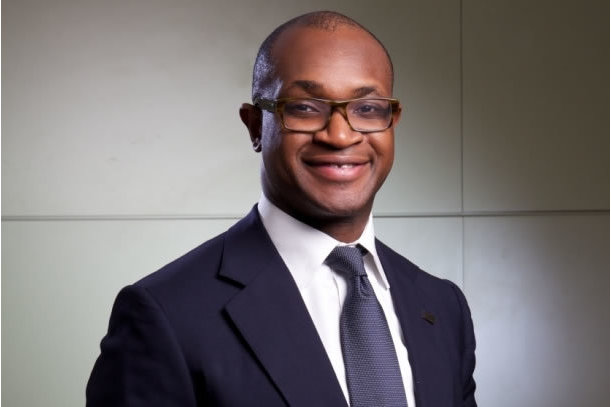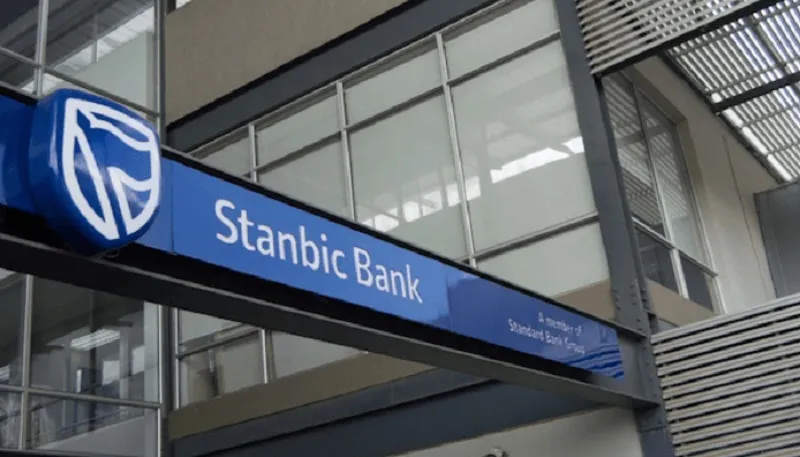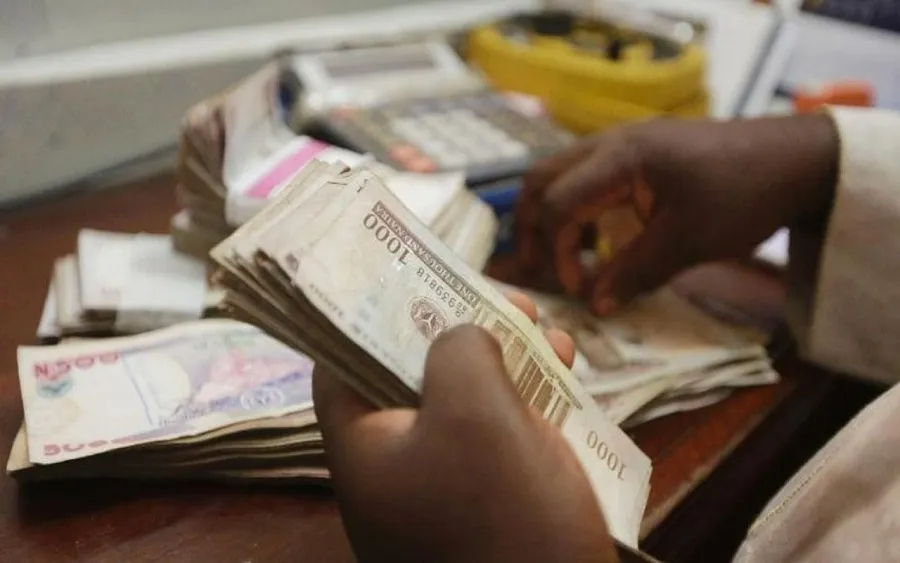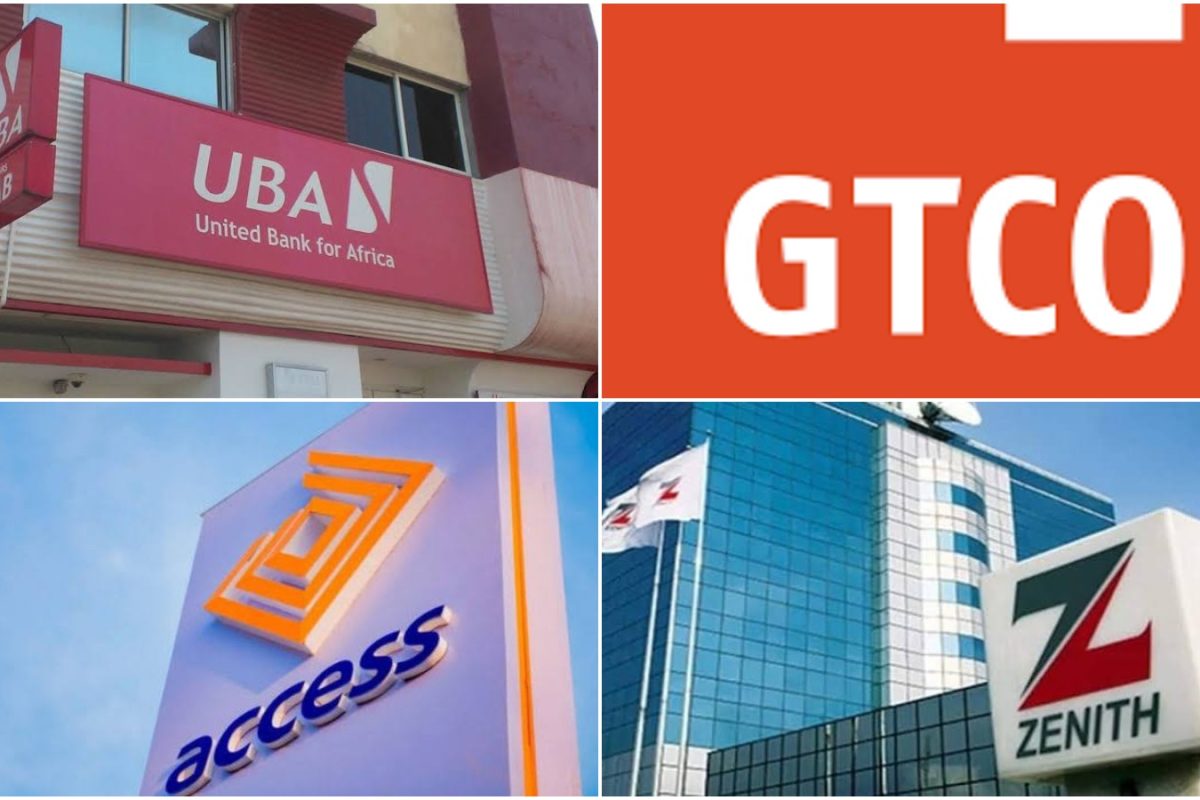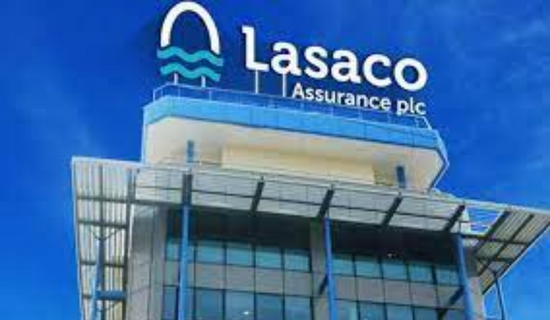The Central Bank of Nigeria and the Securities and Exchange Commission have approved the N147bn rights offer of FCMB Group.
This was disclosed in a statement issued on Monday which was signed by the Company Secretary, Olufunmilayo Adedibu.
This marked the second approval from the CBN in days on the first tranche of capital-raising exercise of banks this year.
It was revealed that the offer was oversubscribed by 33 per cent, attracting 42,800 investors, with 92 per cent subscribing via more convenient digital channels such as the bank’s mobile app and ushering in over 39,000 new investors to the FCMB Group.
The total amount raised and verified by the regulators is N147,508,464,568.60, and N144,559,788,701.30 was absorbed through the issuance of 19,802,710,781 ordinary shares at N7.30 per share, bringing the total post-offer issued shares to 39,605,421,562 shares.
FCMB said that it has also obtained regulatory approvals to use the net proceeds of the public offer to strengthen the capital base of its banking subsidiary, First City Monument Bank.
With the new fund injection, the new capital base of FCMB stands at over N240bn, which exceeds the minimum requirement for a national banking license.
The firm said it is aiming to retain its international banking licence and would be able to achieve that target with the subsequent phases of the FCMB Group’s capital program.
Commenting on the successful completion of the public offer, the Group Chief Executive, Mr. Ladi Balogun, said, “We are grateful to our existing shareholders and new investors for coming out strongly to support this offer. The success of the public offer reflects significant investor confidence in our strategy and growth potential, as well as trust in the board, leadership, and our people to fulfil our commitments and realise this potential.
“We also extend our profound appreciation to the Central Bank of Nigeria, the Securities and Exchange Commission, and the Nigerian Exchange Limited for their continued foresight, innovation, guidance, and support, which has been instrumental in achieving this significant milestone.
“This marks an important step forward in our journey to unlock new opportunities, create value for our shareholders, and contribute to the economic growth of Nigeria and Africa. We remain committed to executing the subsequent phases of our capital-raising program in 2025.”
At the recently held Extraordinary General Meeting, shareholders approved the plans to raise N340bn as additional capital.

